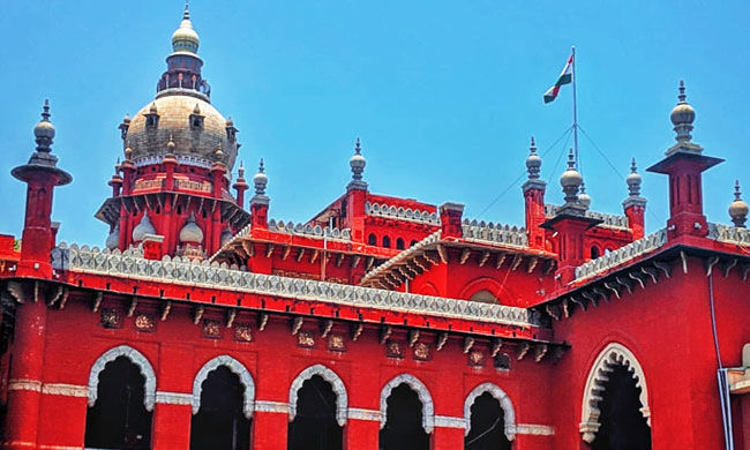The Madras High Court, while analysing the growing trend of tax evasion, has stated that companies, firms, or entities that evade tax payments are liable to be punished under criminal charges with substantial penalties.The division bench of Justice S. Vaidyanathan and Justice C. Saravanan has observed that the hotel business is the fastest-growing one in the world. Despite the growth, hotel...

